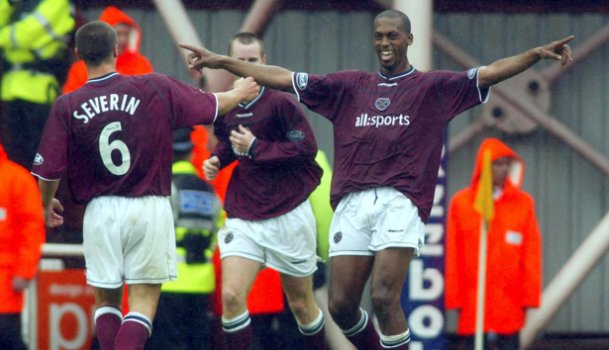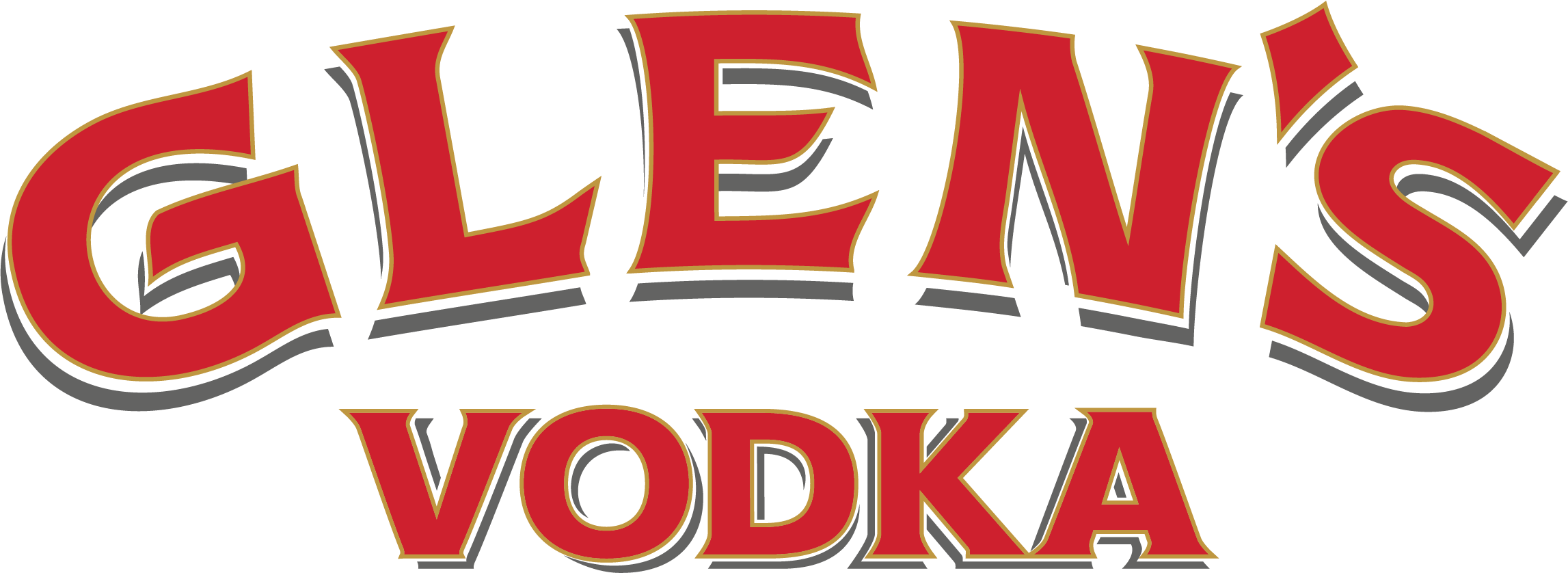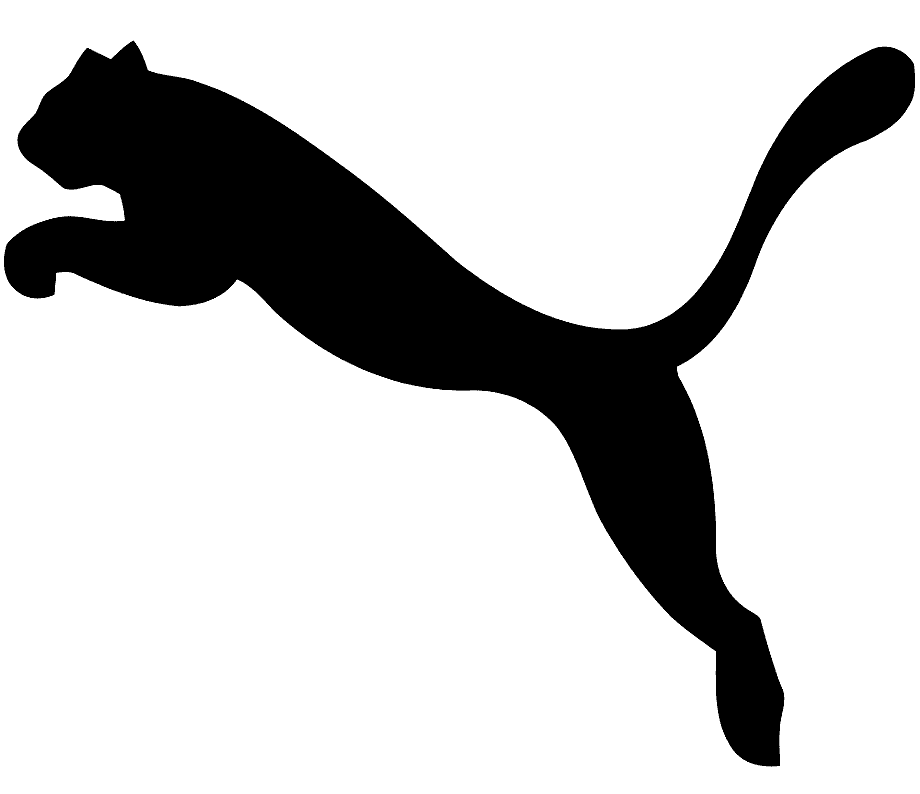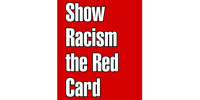Season 2002-03 is one that Hearts fans will never forget, due mostly to their incredible record over city rivals Hibernian.
The sides met three times, with each game being a classic in its own right, and Craig Levein’s side emerged happiest every time.
Hearts' kit for the season remained unchanged from the year before. Their traditional maroon top and white shorts featured a slightly less traditional dark blue trim which ran from the cuffs along the sleeves and across the chest, and also circled the top of the socks. It was sponsored by all:sports and manufactured by Reebok, who had positioned the badge in the centre of the strip for the first time.
Manager Levein was going into his second full season in charge after guiding the team to a fifth-place finish in his first full term as boss the year before. He utilised the Bosman ruling over the summer to bring in a number of free transfers, including Jean-Louis Valois from Luton, Neil MacFarlane from Airdrie, and Mark de Vries from Dordrecht 90.
It was the latter of these who was to make the most instant impact. After coming off the bench for an inconspicuous debut during the opening-day draw with Dundee at Dens Park, de Vries was handed his first start for the club the following week at home to Hibs in the derby.
In one of the most memorable full debuts in Scottish football history, de Vries scored four times as Hearts ran riot, thrashing Bobby Williamson’s side 5-1 in front of a delirious Tynecastle crowd, and writing their names into the history books.
De Vries showed that he wasn’t just a flash in the pan, scoring in four of his next six league matches, and going on to net 14 times in all competitions over the season.
While Hearts’ home form was good, their away form was costing them, and they went into the second derby of the season in November a point behind Hibernian and without an away win to their name all season.
Things seemed to be following a familiar pattern on the road as Mixu Paatelainen fired the hosts into a first-half lead, and as the clock ticked towards the 90 the Easter Road crowd were ready to celebrate revenge for the early-season rout. But with 86 minutes on the clock, Kevin McKenna equalised for Hearts and, as the clock ticked over 90, Phil Stamp drilled home a dramatic winner to send the away support wild.
By the turn of the year, Hearts were sitting pretty in third place, four points clear of nearest challengers Kilmarnock and nine ahead of Hibs, who had slipped to sixth. The New Year derby that followed turned out to be the most dramatic encounter of the season.
Derek Townsley and Tam McManus fired Hibs into a two-goal lead early on, but Steven Pressley and de Vries pulled the match level. With just one minute to go and the score tied at 2-2, substitute Craig James smashed the ball past Roddy McKenzie to give Hibs a dramatic lead, and Grant Brebner appeared to have sealed the win in injury time when he made it 4-2. As the Hearts fans headed towards the exits, Graham Weir hit back almost immediately with what seemed like a consolation goal, but just seconds later he pounced again to cap an unbelievable spell of four goals in just four minutes as the match finished 4-4.
It was to be the last derby match of the season as Hibernian finished in the bottom six.Williamson’s men might have seen that as something of a relief, after a bruising season against their great foes.
For Hearts, though, it was onwards and upwards. They finished the season in third place and secured European football for the following campaign.





.png)












